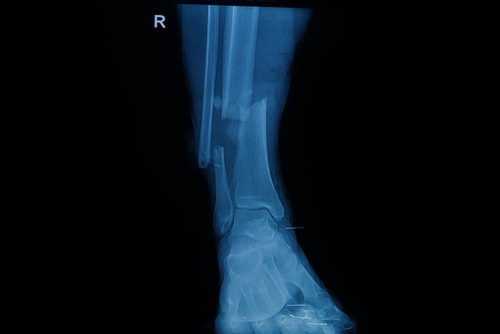Financial incentives to NHS commissioners successfully reduces prescribing of antibiotics in the community and could help curb antimicrobial resistance, new evidence shows.
The study, published in the Journal of Antimicrobial Chemotherapy, assessed the impact of the 2015/16 NHS England Quality Premium, which provided a financial incentive for Clinical Commissioning Groups (CCGs) to reduce antibiotic prescribing in primary care. Monthly patient-level consultation and prescribing data were obtained from the Clinical Practice Research Datalink between April 2011 and March 2017 for patients consulting a general practitioner (GP) who were diagnosed with a respiratory tract infection (RTI).
This is the first study to examine the effects of the scheme, and it shows that the financial rewards were linked to a 3% reduction in prescribing of antibiotics by GPs for RTIs, equating to 14.65 prescriptions per 1000 RTI consultations (P<.05).
Prescribing for RTIs in children showed the greatest decline, with a 6% relative change 2 years after the scheme was introduced. Of the RTI indications studied, the greatest reductions were seen for patients with sore throats.
However, the authors say: “Many patients were still prescribed antibiotics for upper RTIs such as sinusitis, acute otitis media and sore throats, which guidance suggests, are likely to be self-limiting infections for which antibiotics offer little clinical benefit.”
“Further reductions in primary care antibiotic prescribing should therefore still be achievable,” they conclude.



